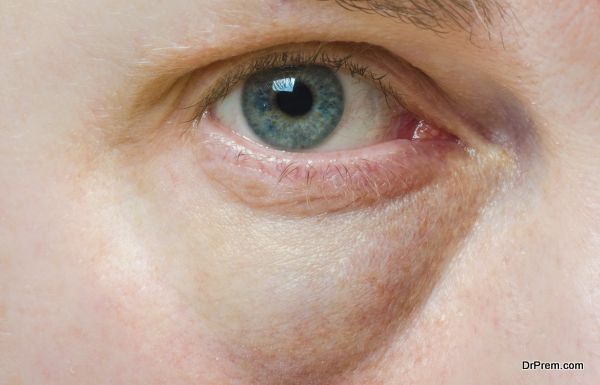Your sight is one of the most important senses given to every person at birth. In some cases, sight is either damaged or missing altogether, however. Most people don’t appreciate sight on a daily basis because it’s a constant companion. Certain professionals, such as Stephen Wynn, understand the need for vision research and furthering the optical world. Examine some of the ways you can preserve your sight and how others are enhancing vision care well into the 21st century.
Vision Insurance Becoming Common Add-On
In the past, you used to pay for medical insurance covering almost all body systems. However, today’s medical world is much more specialized, requiring certain doctors for specific ailments. If you had limited insurance, a vision doctor or ophthalmologist would have been too expensive to visit. As medical insurance is becoming more affordable for some people, vision care is being added on as a basic service. Patients can now see their eye doctor at least once a year to verify good or declining sight.
More Than an Eye Chart
Eye doctors don’t just give you a chart test and send you on your way. Ophthalmologists have a host of different lenses and examinations to truly see how your eyes are operating. They’ll be able to tell you if declining vision is occurring and at which specific rate, for instance. These professionals even perform surgeries, such as cataracts, to fully serve their patients’ needs.
For many patients, it’s difficult to notice declining sight when it’s very subtle. It’s critical to keep up with appointments as scheduled by your doctor. They’ll devise a care maintenance plan that works for your schedule. Doctors might see young patients once a year, but older patients require quarterly visits. Taking care of the eyes is critical because they are such complex organs.
Understanding the Genetics of Vision Decline
Doctors and other professionals are currently understanding the science behind vision decline. In fact, institutions are in place to study vision genetics. Scientists want to know which genetic markers note possible vision decline in patients. With genetic information, doctors can create treatment plans to slow down the declining process or stop it altogether. Genetics is the first step toward better vision for everyone.
The Future of Eye Surgery
Glaucoma and cataracts are some of the most common issues facing eye patients. Surgery used to be fairly invasive, but today’s techniques allow doctors to make tiny incisions with lasers and other cutting-edge tools. Patients have minimal recovery times today. The future of eye surgery could be nearly no incisions at all. Professionals must continue to evaluate and experiment with vision care to find the best solutions for all patients.
It’s always critical to choose an ophthalmologist who you feel comfortable with at each appointment. If there’s any miscommunication, vision care can be compromised with possible permanent and negative consequences. Interview several doctors to find the best candidate for you and the entire family. You want to keep your sight as clear as possible for the rest of your life.
Article Submitted By Community Writer





